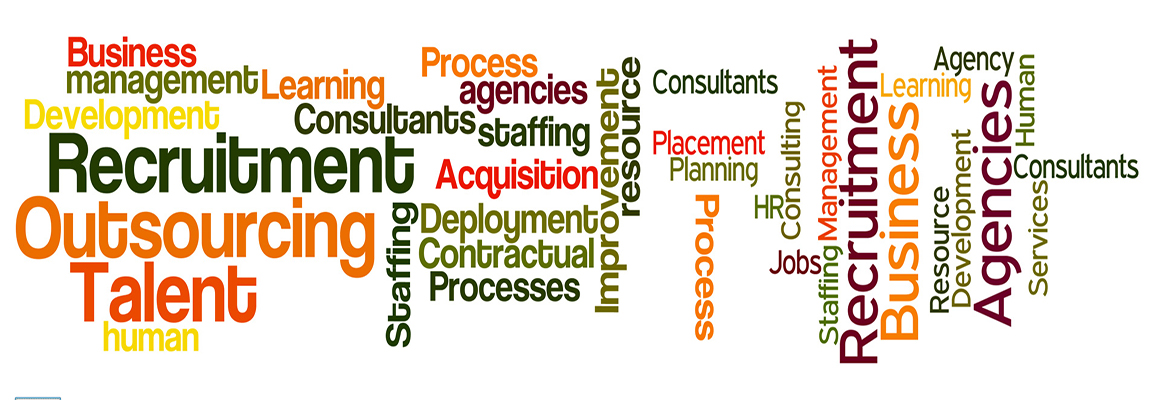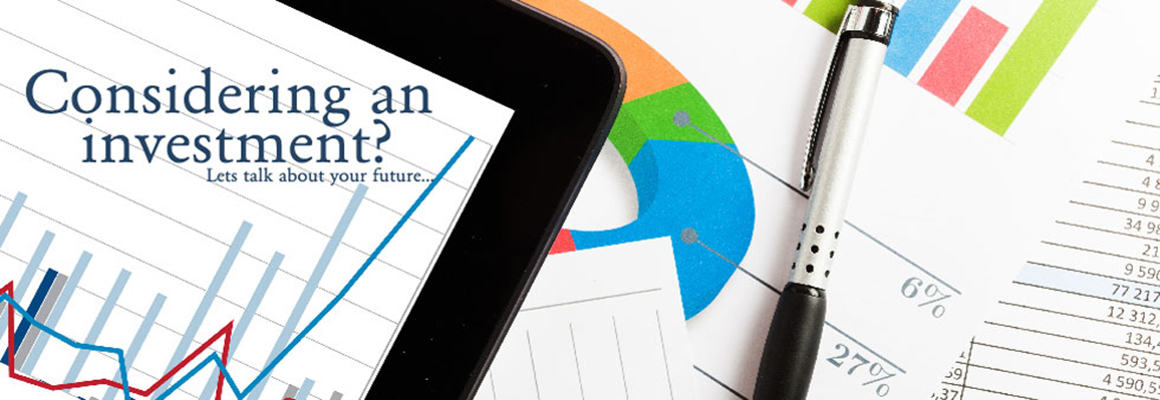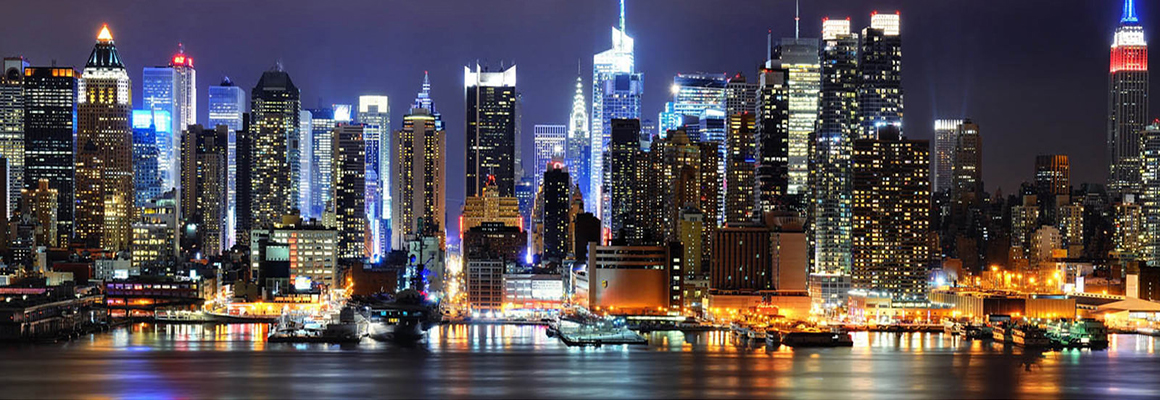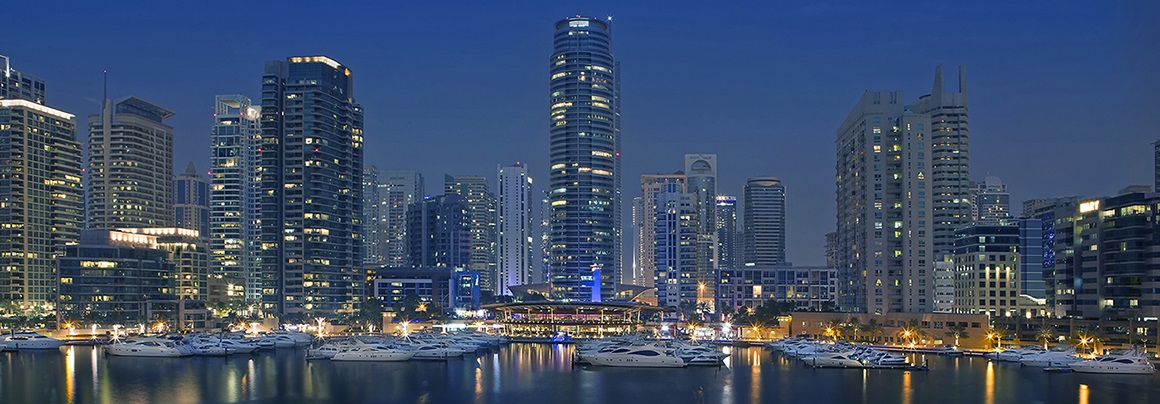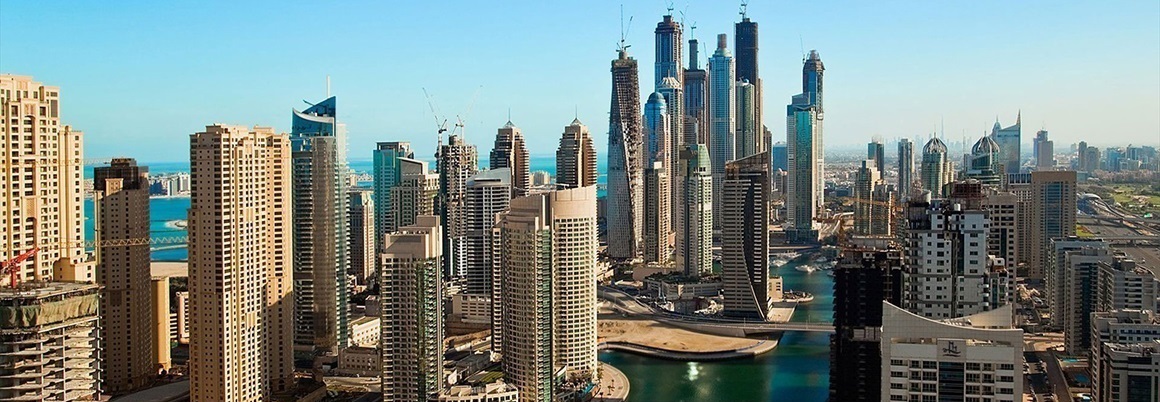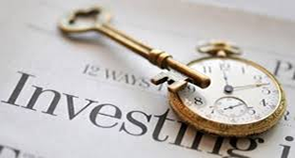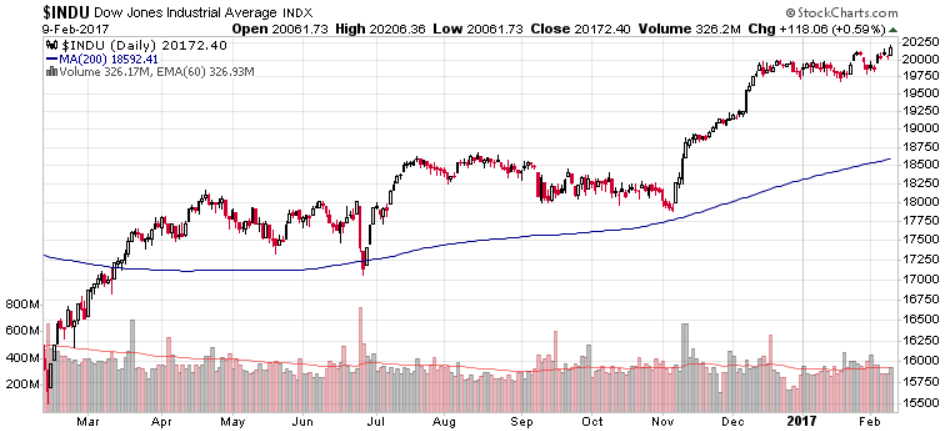They say a bull market climbs a wall of worry. Today the market averages are trading at or near their all time highs. Since the election of Mr. trump in November of 2016, the market has risen by close to 10%, depending on where you look. The election of Mr. Trump came with the promise of lower taxes, massive infrastructure rebuilding, and protectionist trade policies. The markets responded with a vote of confidence and approval. But did the markets get ahead of themselves? Lower taxes will not materialize immediately. Most likely in 2018. Rebuilding roads and bridges and upgrading airports does not happen over night. Protectionist policies can have immediate adverse effects on trade. Moreover, interest rates have bottomed in 2016 and will most likely continue to rise, albeit gradually in 2017. So we can no longer count on liquidity to propel the market higher. The level of uncertainty with respect to policies and their impact on the corporate world is high. The dollar is strong. A tightening monetary policy coupled with higher deficit spending will continue to support the Dollar if not push it higher. So all the earnings that U.S. corporation derive overseas will translate into lower earnings in U.S. dollar terms. One day, the Dow Jones industrial average will reach 30,000. But before that day comes, I have a strong feeling that we will witness a meaningful correction. When that happens, it will be your opportunity to invest, or to add to your invest. Do not chase the market. It will come to you. Keep an eye on these posts and I will try to alert you. In the meantime, if you feel compelled to buy something, let it be in the health care sector.
Grains are cheap
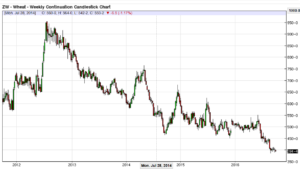
As we approach the end of the harvest season in the northern hemisphere, we are expecting a fourth consecutive bumper crop. Prices, quoted in dollars per bushel, have been falling steadily since the summer of 2012. When prices are very low, farmers lose money. When they lose money, they default on loans, or sell land, or plant something else. Import demand from other countries picks up. Eventually, the stock of crops
What next?
 Will the Fed decide to raise rates during their next meeting in September? That seems to be the most common question pondered by the investment community. The Fed already told us that they intend to return to normalcy. So are there any reasons to change course? If not, we must assume if not now, then later. Interest rates will either rise or stay the same, but
Will the Fed decide to raise rates during their next meeting in September? That seems to be the most common question pondered by the investment community. The Fed already told us that they intend to return to normalcy. So are there any reasons to change course? If not, we must assume if not now, then later. Interest rates will either rise or stay the same, but
Surviving negative interest rates
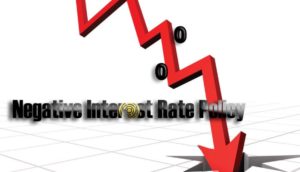 When is return of cash is better than return on cash? It is when rates of return are negative. That usually arose when companies or assets lost value over time and selling them resulted in a loss. But today we are living a new era. Governments are willing to borrow your hard earned savings and return
When is return of cash is better than return on cash? It is when rates of return are negative. That usually arose when companies or assets lost value over time and selling them resulted in a loss. But today we are living a new era. Governments are willing to borrow your hard earned savings and return


